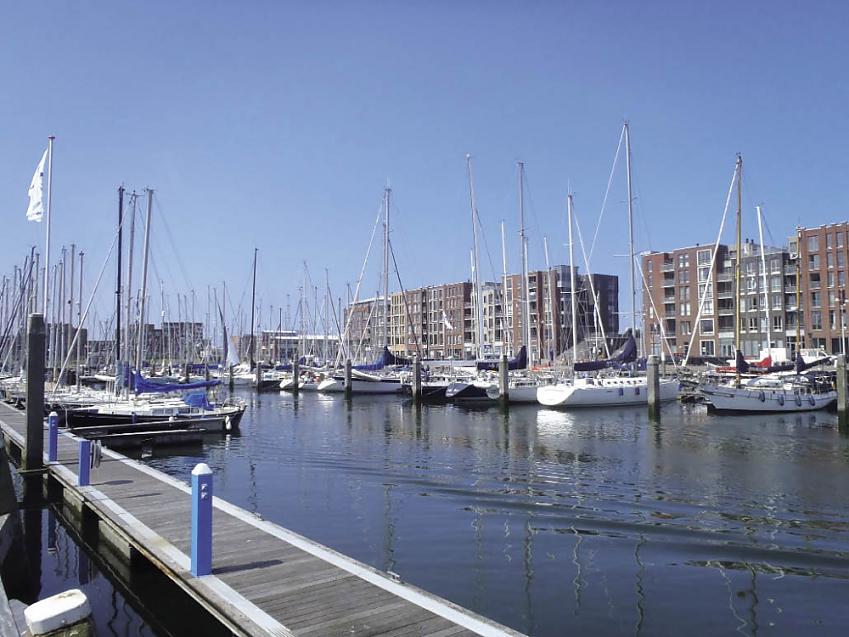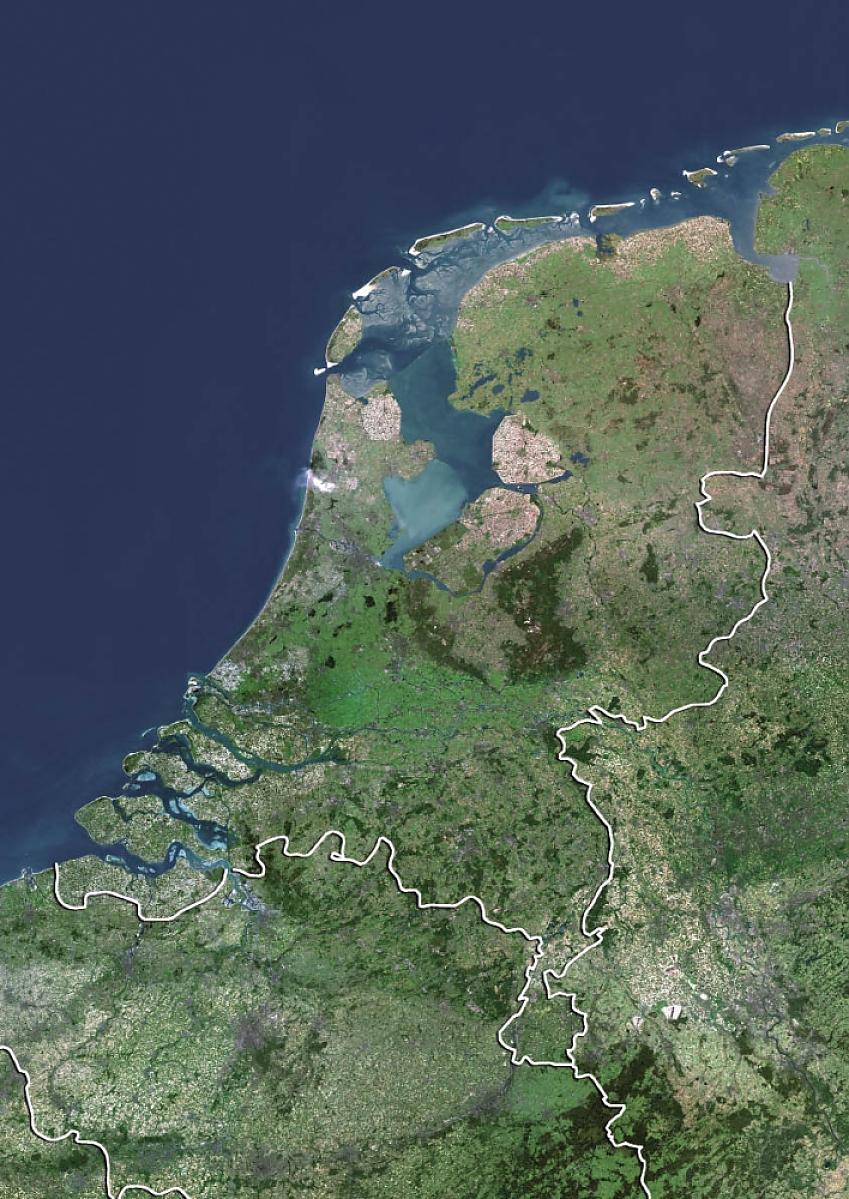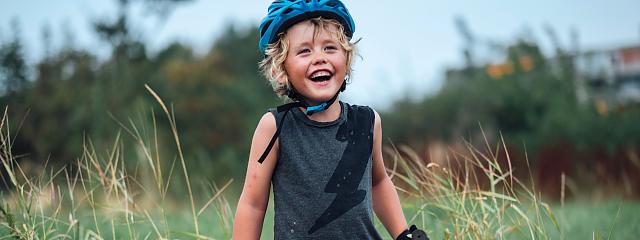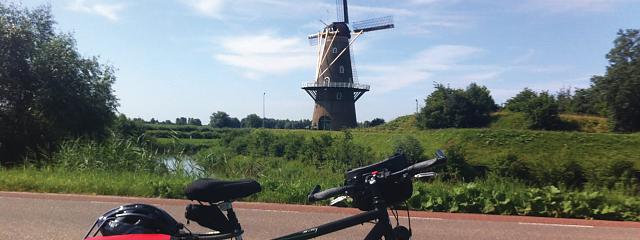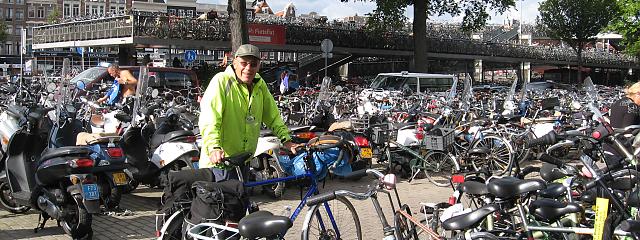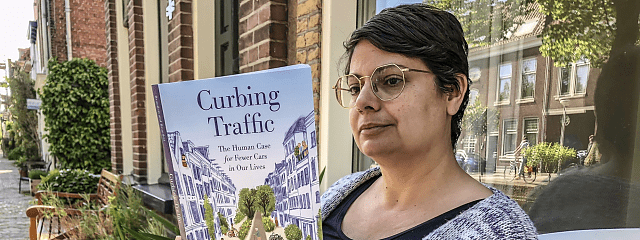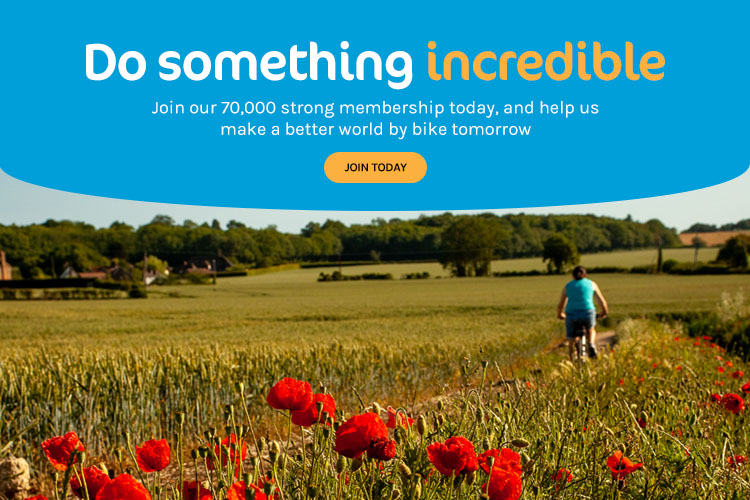
Cycling in South Holland
Cycling in South Holland
Deciding on a destination for our first family cycling holiday was easy. My wife and 12-year-old son aren’t experienced cyclists, and they prefer to avoid busy roads and steep hills. The Netherlands, famous for cheese, tulips, being flat, and having one of the best cycle networks in the world, was an obvious choice. The plan was simple: leave the car at Harwich, take the overnight ferry to Hook of Holland, and then ride up the South Holland coast on the North Sea Cycle Route to The Hague (Den Haag), which would be our base for the next five days.
We stayed in the city’s northernmost district of Scheveningen. It’s part leafy suburb and part seaside resort, complete with golden sands and beach restaurants. The Hague, home of the Dutch parliament and the International Court of Justice, wears its responsibilities lightly. Acres of parkland and gardens, loosely connected by 60 kilometres of cycle path (the Parkenroute), create a sense of openness that helps to disguise the fact that there are a million people living there.
Mostly, it was easy. Dedicated cycle paths kept us separate from other road users, and at no time did we feel threatened by the traffic."
Nigel Bell, CTC Member
We cycled on four of the five days of our stay; heavy showers made the train a more desirable option for travelling to nearby Gouda. The day after, we went to Delft, famous for its blue-and-white pottery. It was only 20 kilometres from our accommodation, but the route took us straight through the busy city centre. Mostly, it was easy. Dedicated cycle paths kept us separate from other road users, and at no time did we feel threatened by the traffic. We got lost once or twice, but not for long. The sight of a puzzled tourist with a map is like a magnet to the friendly Hagenaars.
We spent a relaxing afternoon in Delft. It’s a pretty place, with a photogenic mix of narrow streets, old houses and canals. We left our bikes in a secure parking area. The advertised daily tariff was only a couple of Euros, but the attendant told us that even that small charge had been waived to encourage visitors to use it. Bicycle theft isn’t uncommon in Holland (is it anywhere?), so we were happy to give him our business.
On the return journey, we got caught in a downpour. It was the rush hour and there were bikes everywhere. Now I know why Dutch roadsters have back-pedal brakes: it leaves one hand free for carrying an umbrella! In the overcast conditions, we used our lights. They’re compulsory at night or in poor visibility. Unlike here, flashing lights are illegal. The law also stipulates that cycles must be fitted with reflective tyres, as well as a rear reflector and pedal reflectors. Failure to comply risks a fine.
The North Sea Cycle Route
The following day we avoided the traffic again and pedalled further up the coast on the North Sea Cycle Route, LF1. The path, a sort of paved cycling highway, cut through a nature reserve across gently undulating dunes, a terrain that would otherwise have been inaccessible on two wheels. We didn’t want to turn back, but after finding a café in the woods, we ended up too full of cake to carry on.
Had we been more determined and fitter, we could have followed LF1 all the way to Bergen in Norway. Not that there isn’t plenty to do in the Netherlands first. The Dutch cycling organisation, Nederland Fietsland, lists over 4,500 kilometres of long-distance cycle path. Some of these paths can be combined to form themed tours, such as the Dutch Coastal Route, which joins the North Sea and Wadden Sea routes to provide 570 kilometres of riding. The organisation’s website is a great resource that includes, among other things, details of cycling-friendly accommodation, maps and GPS data. With so much free information on offer, route planning is easy.
Traffic signs are similar to those in the UK. There were some we didn’t recognise, but only because we hadn’t done our research beforehand. We now know to look out for the word ‘uitgezonderd’ next to a picture of a bicycle, beneath another road sign. It means ‘except for cyclists’ and can apply, for instance, to no-entry and one-way streets. It’s also worth knowing that a round blue sign with a white bicycle on it means that it’s compulsory to use the cycle path.
Our last day was dull and damp, but the locals were out in force, seemingly oblivious to the poor weather. We spent the morning sightseeing in The Hague, and then retraced our track along the coast to Hook of Holland. The ferry port is next to the railway station, and from there it takes less than two hours to get to Amsterdam, one of the destinations we’ve shortlisted for our next trip. We’re also considering flying to Copenhagen and hiring bikes when we get there. It would be ideal for us because the surrounding area is flat and Denmark claims to have even more kilometres of cycle path than the Netherlands.
Scheveningen is a suburb of The Hague, with leafy streets, a beach and a harbour.
Smiles, not miles
On our mini tour, we clocked just over 100 kilometres – little more than a day trip for more serious cyclists. However, there must be many recreational riders like us who aren’t interested in covering long distances but do want to experience the freedom that travelling by bike offers. The best aspect of the journey was that we came back wanting more, and that was due in no small part to the extent and inherent safety of Holland’s cycle network. It comes as no surprise that, in a recent survey, over 30 percent of the country’s road users cited the bicycle as their primary form of daily transport, a figure more than four times the European average. I like the Dutch approach, where cycling isn’t a sport but a way of life.
Do it yourself
The Stena Line ferry service from Harwich to Hook of Holland provides the most direct route. Overnight sailings aren’t the cheapest option but are worth considering as they arrive early and depart late, leaving almost a full day for cycling. For cyclists travelling by train, Stena Line recommend checking the rail network website (ns.nl) as there may be a short wait in the early morning ‘rush hour’ before being allowed to board with a bike. If you fancy staying somewhere a little bit different, Airbnb (airbnb.co.uk) offers an interesting mix of accommodation to suit all budgets
Fact File: Beginners’ Holland
Distance: 100 kilometres, but the total was irrelevant; the aim was to see whether or not we would enjoy a family cycling holiday.
Route: North Sea Cycle Route (LF1) from Hook of Holland to The Hague.
Conditions: Dutch cycle routes are well signposted and almost entirely traffic free, except for mopeds, which are allowed on some of the paths. We went in June and the weather was very similar to the UK, so expect sunshine and showers.
Bikes used: One tourer and two hybrids, with three panniers and a rucksack between us.
Maps/guides: We took Cycling in the Netherlands by Eric Van der Horst. It was recommended by friends and it was the book that inspired the trip. For navigation, we used Benelux GPS map data from OpenFietsmap (openfietsmap.nl).
I’m glad I had: A waterproof camera.
Next time I would: Avoid unnecessary detours (getting lost!) by entering the location of the accommodation on the GPS beforehand.
Further information: http://en.nederlandfietsland.nl/en
This was first published in Feb/March 2015 edition of CTC's Cycle magazine.
Do it yourself
The Stena Line ferry service from Harwich to Hook of Holland provides the most direct route. Overnight sailings aren’t the cheapest option but are worth considering as they arrive early and depart late, leaving almost a full day for cycling. For cyclists travelling by train, Stena Line recommend checking the rail network website (ns.nl) as there may be a short wait in the early morning ‘rush hour’ before being allowed to board with a bike. If you fancy staying somewhere a little bit different, Airbnb (airbnb.co.uk) offers an interesting mix of accommodation to suit all budgets
Fact File: Beginners’ Holland
Distance
100 kilometres, but the total was irrelevant; the aim was to see whether or not we would enjoy a family cycling holiday.
Route
North Sea Cycle Route (LF1) from Hook of Holland to The Hague.
Conditions
Dutch cycle routes are well signposted and almost entirely traffic free, except for mopeds, which are allowed on some of the paths. We went in June and the weather was very similar to the UK, so expect sunshine and showers.
Bikes used
One tourer and two hybrids, with three panniers and a rucksack between us.
Maps/guides
We took Cycling in the Netherlands by Eric Van der Horst. It was recommended by friends and it was the book that inspired the trip. For navigation, we used Benelux GPS map data from OpenFietsmap (openfietsmap.nl).
I’m glad I had
A waterproof camera.
Next time I would
Avoid unnecessary detours (getting lost!) by entering the location of the accommodation on the GPS beforehand.
Further information
http://en.nederlandfietsland.nl/en
This was first published in Feb/March 2015 edition of CTC's Cycle magazine.






